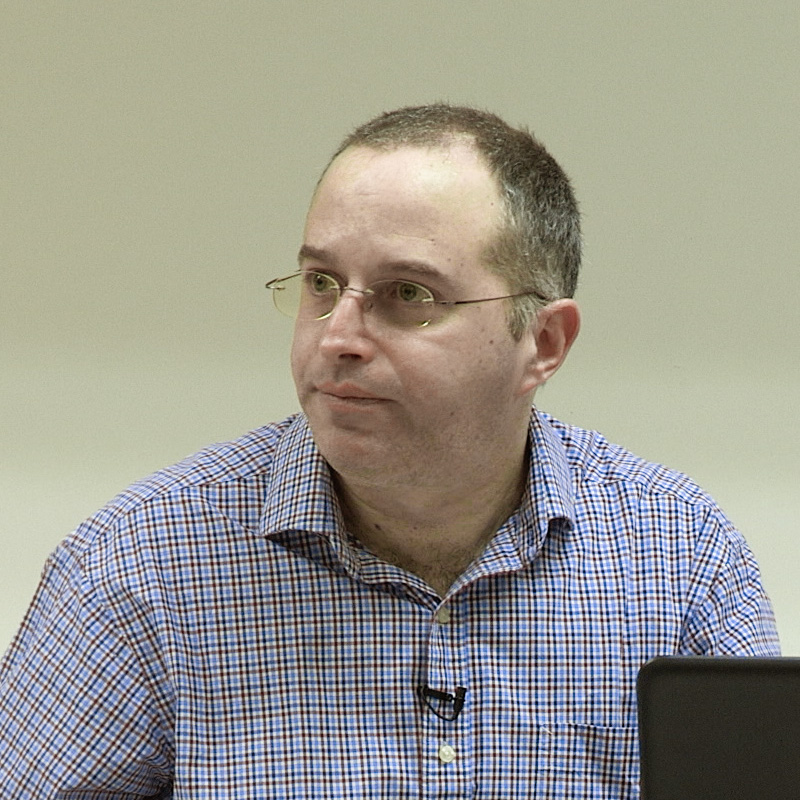Tests of an Engineering Perspective of Hatred Towards Jews
Summary
Drawing together work in social psychology, cognitive and evolutionary science, and computer science, this work takes an engineering perspective on hatred toward Jewish people. On this view, emotions are evolved neurocomputational programs that function to coordinate attention, memory, cognition, physiology, and behavior. For example, fear makes us attentive to certain triggers linked to danger, can increase our heart rates in preparation for fights (or flights), and motivates behavior aimed at keeping us safe. This perspective sees hate as a distinct, potentially functional emotion that arises to manage relationships with people or groups whose very existence is perceived as being costly to the hateful person (e.g., taking away important resources). This view generates novel predictions about what evokes hatred toward Jews (and other groups), what modulates this hatred, and its behavioral manifestations. The present research tests several related predictions, leveraging large-scale data, representative surveys, and controlled in-lab experiments.
Team
Dr. Jaimie Arona Krems (PI), Psychology
Dr. Jaimie Arona Krems is an Assistant Professor of Psychology at the University of California, Los Angeles. Krems leverages her interdisciplinary background—in social psychology, cognitive and evolutionary anthropology, animal behavior—to explore how humans navigate their social worlds in ways that help maximize the benefits and minimize the costs of our great sociality. The three arms of her work focus on friendship psychology, identifying the social challenges faced by historically-overlooked group members (and how these are met), and stereotyping and prejudice—which are at once products of human social minds as well as hurdles in human social landscapes. Krems has received degrees from Bryn Mawr College, the University of Pennsylvania, the University of Oxford, and Arizona State University.
Dr. Daniel Sznycer (Psychology, Oklahoma State University)
Dr. Sznycer is a social psychologist. He uses theories of selection pressures and data from ancestral and modern humans to produce computation-level descriptions of our social psychology. His research focus is on emotion, value, and morality and institutions. He has multiple lines of cross-cultural evidence on shame, pride, compassion, and envy, and their roles in altruism, cooperation, social exclusion, and conflict. The methods he uses include experimental economic games, decision-making tasks, cross-cultural and ethnographic data collection, large-scale representative surveys, and anthropometry.
David Pinsof (Psychology, UCLA)
David received his PhD from UCLA in 2018, where he studied psychology and biological anthropology. David’s research focuses on political attitudes, mating strategies, signaling theory, the psychology of status, public opinion, mathematical models of alliance formation, and the origins of political belief systems. He writes for a popular audience at everythingisbullshit.substack.com



